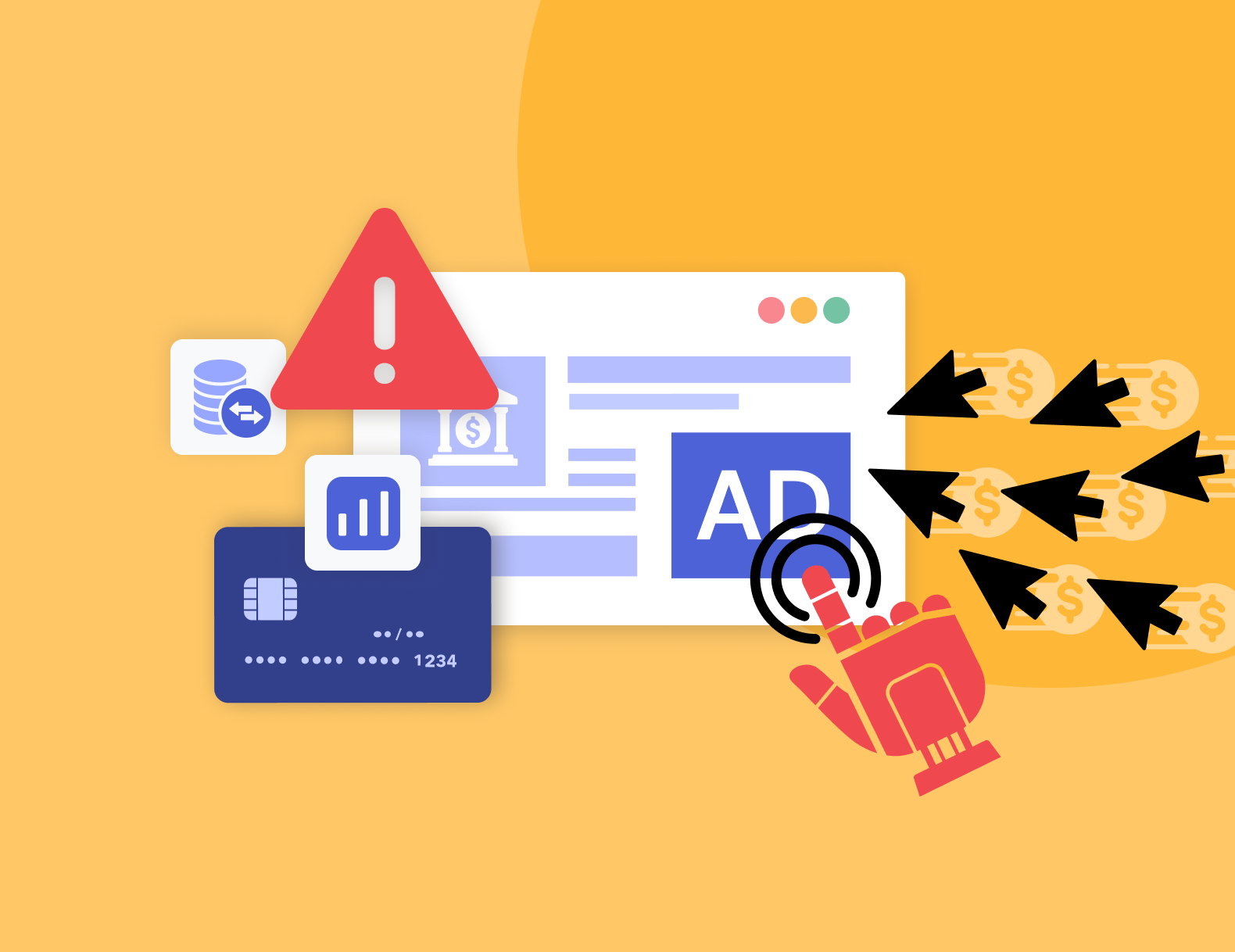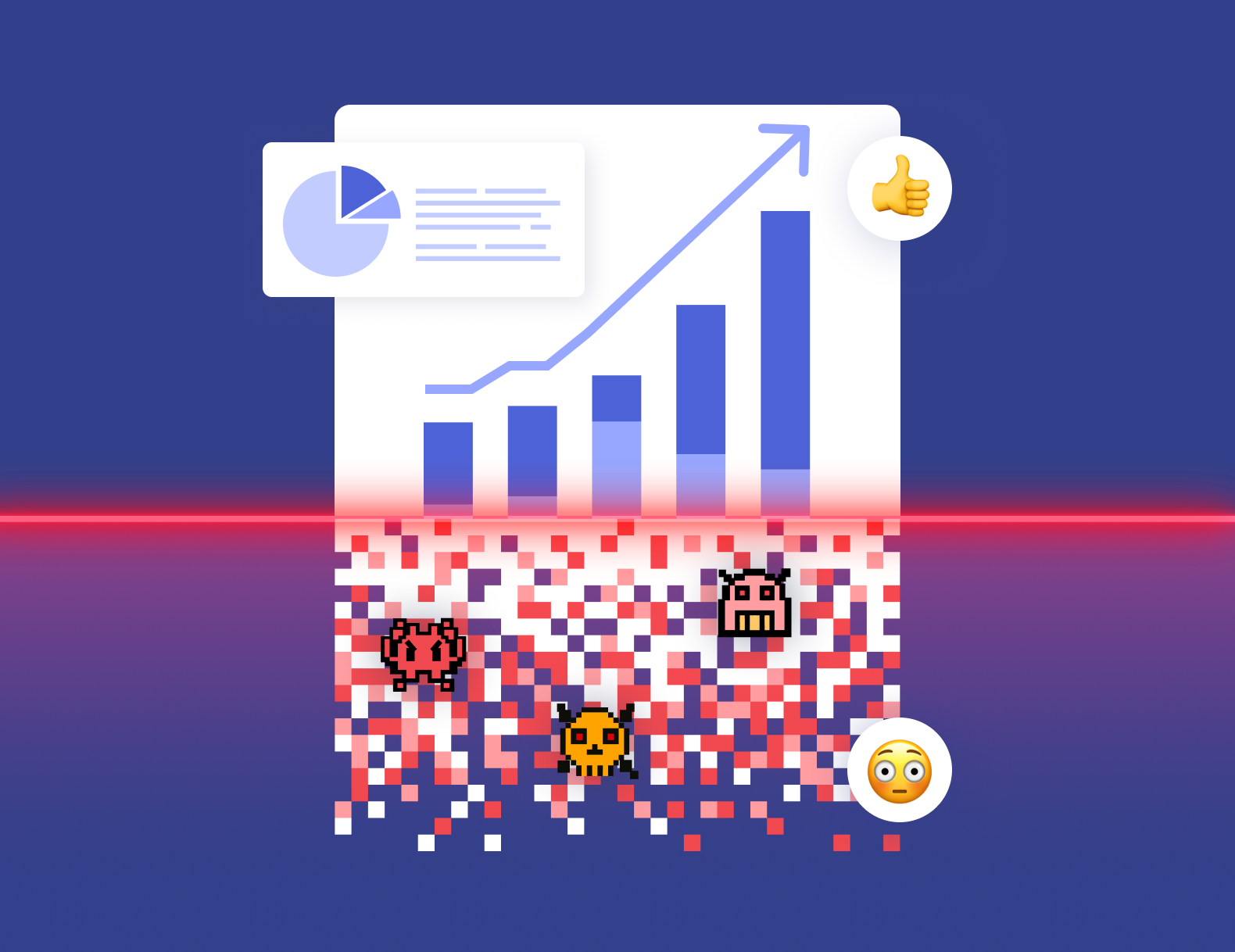How will Google's cookie changes affect my ads?

Between GDPR, Apple's privacy changes, and now Google’s updates to their cookies policy, it seems digital marketers can’t catch a break. After announcing that third party tracking cookies on Chrome will be completely phased out by the end of this year, many marketers are concerned that their ads are at risk.
Fear not! The TrafficGuard wizards are here to set the record straight about these new changes, and offer ways you can ensure your digital channels remain lucrative as we ride the wave of privacy changes. Let’s take a look.
What is actually changing?
Privacy demands are, quite rightly, getting stronger and stronger as internet users expect more protection from the big tech firms they trust their data with. It’s one of the driving factors behind Google’s new cookie policy.
“Users are demanding greater privacy--including transparency, choice and control over how their data is used--and it’s clear the web ecosystem needs to evolve to meet these increasing demands.”
Google via their Chromium Blog
Although cookies are incredibly useful for keeping track of user information like shopping cart history, language preferences, and login details, consumers grow increasingly concerned about how much of their data is being stored and how it’s used.
So, it’s hasta la vista to cookies. In its place we now have ‘cohorts’, or ‘Federated Learning of Cohorts’ (FLoC) to give its full name. A cohort is a group of users who share a common characteristic, and represents a privacy-first method of generating interest-based audiences. In Google’s own words, cohorts allow individuals to hide “in the crowd” by keeping individuals’ web history private on the browser.
By claiming conversion rates will not drop below 95% of their current rate, Google is showing us that these changes will protect consumers without damaging marketers’ campaigns. Phew.
But what about ad fraud?
Maintaining quality conversion rates is all well and good, but what impact will these changes have on the presence of and ability to prevent fraudulent traffic?
Google’s answer is their Trust Token API, which enables trust of a user from one context to another without identifying them or linking the two identities. They also announced a new type of trust token issuer that would improve the detection of fraud on mobile devices while safeguarding user privacy.
Sounds good, but will it work?
It’s clear that Google takes the issue of fraudulent traffic incredibly seriously, and trust tokens demonstrate their commitment to combating the blight of ad fraud. However, even intelligent solutions like this can be circumvented by equally intelligent fraud attempts.
AI-backed fraudsters and click farms may still be able to work around the system, and repeated clicks by nefarious competitors are still unaccounted for.
So, while we know Google takes the problem of ad fraud very seriously, we can also quite confidently predict that many forms of invalid traffic will slip through the cracks.
If only there was a way to enhance the protection of your ads…
You knew where we were going with this, didn’t you?
Intelligent, AI/ML-powered technology is the best line of defence against equally smart fraudulent tactics. As one of the only ad fraud prevention solutions endorsed by Google, and a proud, vetted member of the Google Cloud Marketplace, you can trust TrafficGuard to bolster your fraud defence and catch the bots and baddies that sneak past Google’s algorithms.
We analyse traffic at multiple points in the advertising journey, including the click level, the attribution level and post-attribution level. This enables us to block invalid traffic as soon as it is detected and also find earlier indicators of tactics that are conventionally diagnosed at the attribution level. Specialising in super smart ML-driven fraud prevention, as opposed to just detection, we limit the impact of fraud by ensuring performance data stays clean and fraud is blocked in real-time. The perfect complement to Google’s fraud prevention tactics.
Using TrafficGuard ensures your ads stay safe and your traffic remains clean and actionable—so you can target intent-driven audiences while adhering to privacy rules.
Get started - it's free
You can set up a TrafficGuard account in minutes, so we’ll be protecting your campaigns before you can say ‘sky-high ROI’.
Explore More Blogs
Subscribe
Subscribe now to get all the latest news and insights on digital advertising, machine learning and ad fraud.








